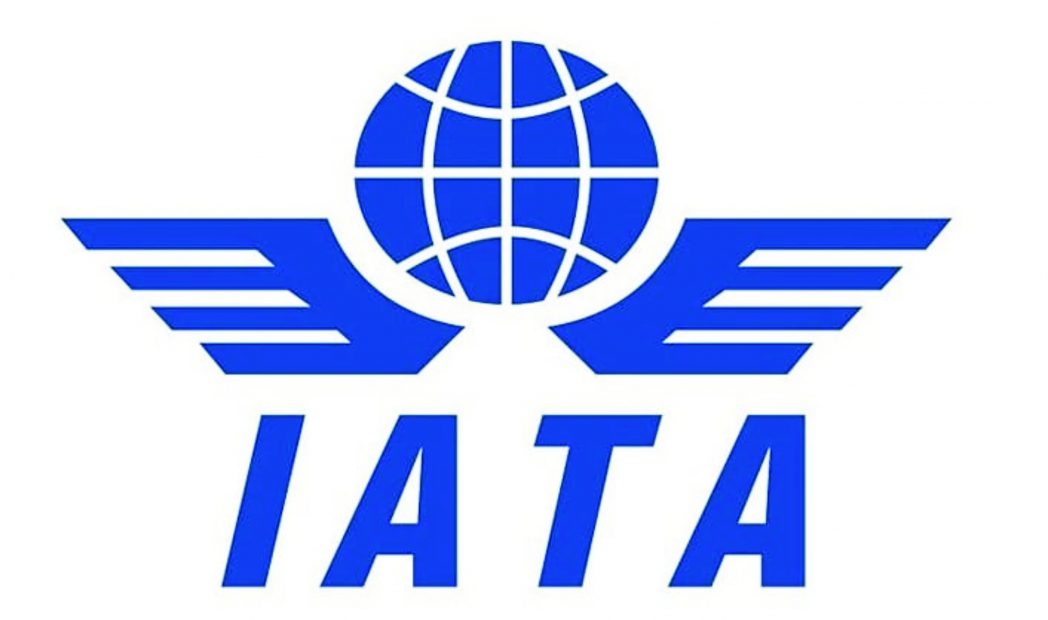Business
Airlines May Post $39bn Loss In Q2 – IATA

The International Air Transport Association says airlines may burn through $61bn of their cash reserves during the second quarter ending 30 June, 2020 while posting a quarterly net loss of $39bn.
The association said on Tuesday that the new analysis was based on the impact assessment it released last week, under a scenario in which severe travel restrictions last for three months.
According to IATA, in this scenario, full-year demand falls by 38 per cent and full-year passenger revenues drop by $252bn compared to 2019 while the fall in demand will be the deepest in the second quarter, with a 71 per cent drop.
IATA said the impact would be severe as revenues were expected to fall by 68 per cent.
“This is less than the expected 71 per cent fall in demand due to the continuation of cargo operations, albeit at reduced levels of activity. Variable costs are expected to drop sharply—by some 70 per cent in the second quarter—largely in line with the reduction of an expected 65 per cent cut in second quarter capacity. The price of jet fuel has also fallen sharply, although we estimate that fuel hedging will limit the benefit to a 31 per cent decline,” the association said.
“Fixed and semi-fixed costs amount to nearly a half an airline’s cost. We expect semi-fixed costs (including crew costs) to be reduced by a third. Airlines are cutting what they can, while trying to preserve their workforce and businesses for the future recovery. These changes to revenues and costs result in an estimated net loss of $39bn in the second quarter,” it added.
The association explained that on top of unavoidable costs, airlines were faced with refunding sold but unused tickets as a result of massive cancellations resulting from government-imposed restrictions on travel.
It noted that the second quarter liability for these would be a colossal $35bn.
“Cash burn will be severe. We estimate airlines could be burning through $61bn of their cash balances in the second quarter,” the association said.
The Director General, IATA, Alexander de Juniac, said airlines could not cut costs fast enough to stay ahead of the impact of the crisis.
“We are looking at a devastating net loss of $39bn in the second quarter. The impact of that on cash burn will be amplified by a $35bn liability for potential ticket refunds. Without relief, the industry’s cash position could deteriorate by $61bn in the second quarter,” he said.
According to him, several governments are responding positively to the industry’s need for relief measures, adding that among countries providing specific financial or regulatory aid packages to the industry are Colombia, the United States, Singapore, Australia, China, New Zealand and Norway.
He said Brazil, Canada, Colombia and the Netherlands had also recently relaxed regulations to allow airlines to offer passengers travel vouchers in place of refunds.
Transport
Automated Points Concession : FAAN Workers Gave 72hrs To Revise Decisions In PH

Transport
FAAN Announces Pick-Up Points for Go-Cashless Cards

Business
Fidelity Bank To Empower Women With Sustainable Entrepreneurship Skills, HAP2.0
-

 News4 days ago
News4 days agoAmend Constitution To Accommodate State Police, Tinubu Tells Senators
-

 Politics4 days ago
Politics4 days agoSenate Urges Tinubu To Sack CAC Boss
-
Business4 days ago
Crisis Response: EU-project Delivers New Vet. Clinic To Katsina Govt.
-
Business4 days ago
President Tinubu Approves Extension Ban On Raw Shea Nut Export
-

 News4 days ago
News4 days agoDisu Takes Over As New IGP …Declares Total War On Corruption, Impunity
-
Business4 days ago
Fidelity Bank To Empower Women With Sustainable Entrepreneurship Skills, HAP2.0
-
Business4 days ago
President Tinubu Extends Raw Shea Nuts Export Ban To 2027
-
Sports4 days ago
NDG: Rivers Coach Appeal To NDDC In Talent Discovery

